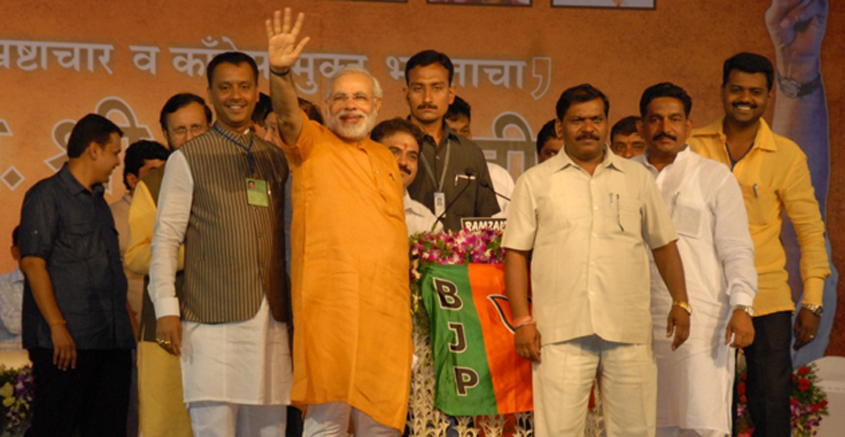Strategists of the Rashtriya Swayamsevak Sangh (RSS) who have been involved in the BJP’s Uttar Pradesh poll
“This is not going to be Bihar (referring to BJP’s debacle in the 2015 Bihar Assembly polls). The same set of problems that the BJP had faced in Bihar like wrong ticket distribution and disgruntled party leaders who later internally sabotaged the party, had cropped up here too. However, unlike Bihar, where our recommendations to placate upset workers and leaders were not taken seriously by the BJP, this time the BJP has ‘managed’ these issues. The ground reports related to the first two phases were not inspiring, but in the third and fourth phases, the party has done exceedingly well,” said a senior RSS functionary, who had told this correspondent in 2015, days before the results were announced, that the BJP would lose in Bihar.
The RSS’ assessment is based on the feedback that the upper castes (comprising 22% of the total population of Uttar Pradesh) and a large chunk of the Other Backward Classes (OBC comprises 40% of the total population), excluding Yadavs (8% population) have voted for the BJP.
According to the RSS, polarisation had definitely taken place in the polls. “It is not the BJP which has ‘polarised’ the people; the voters themselves are voting on religious lines due to the appeasement of one particular community in the state. In UP, the SP has worked for one caste and given preferential treatment to one particular religion. Due to this, the non-Yadav OBCs are voting with the intention to teach the SP a lesson,” the RSS functionary added. Intelligence inputs have also suggested that polarisation of votes on the basis of religion was happening in the state.

